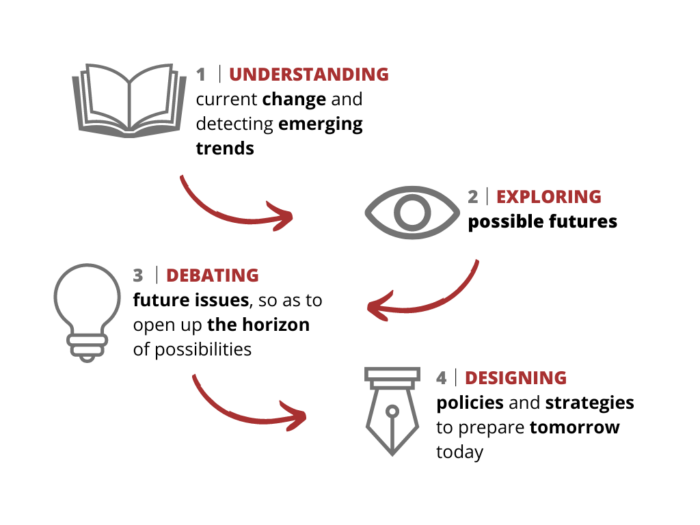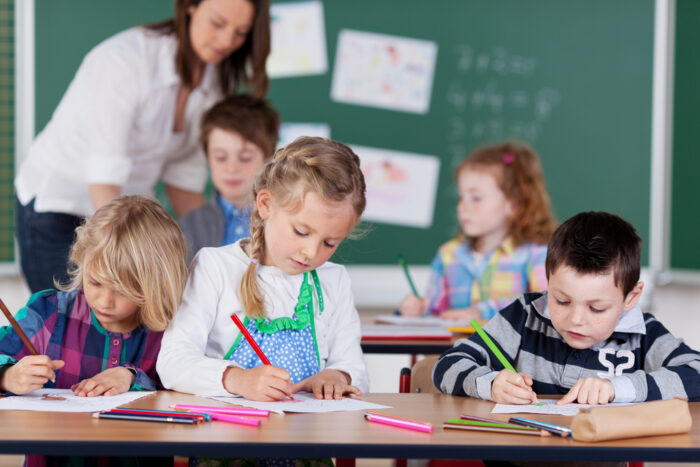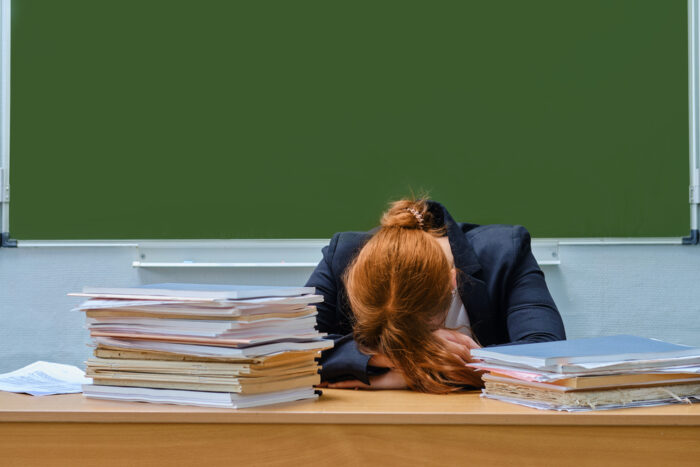Alain Michel reviews three recent books about education in France: Samuel Johsua’s L’École entre crise et refondation (Paris: La Dispute, 1999, 217 pp.), Jean-Pierre Le Goff’s La Barbarie douce. La modernisation aveugle des entreprises et de l’école (Paris: La Découverte, 1999, 126 pp.) and Réussir l’école. Pour une politique éducative by Philippe Joutard and Claude Thélot (Paris: Seuil, 1999, 289 pp.). These books highlight the challenges (or the crisis, as Samuel Johsua calls it) that schools are facing today, as well as the aims of education, in particular to offer equal opportunities to everyone and the importance not only of imparting knowledge but also preparing young people for employment and citizenship.
Alain Michel stresses the problems that there are today to adapt the French education system to changes (because there is too little evaluation of performance and too much centralization, according to Philippe Joutard and Claude Thélot). He urges more logical procedures for assessing pupils and greater transparency in the way that schools operate – yet without sharing the “modern managerial attitude” that Jean-Pierre Le Goff and Samuel Johsua both criticize strongly.
More generally, after having pointed out the differences in the authors’ points of view, he emphasizes the points where they agree: “Schools alone cannot resolve all the contradictions and new challenges of our society […] All of these writers are convinced of the need to promote genuine equality of opportunity.” This implies, in particular, “greater autonomy for individual establishments and guidance at national level to provide a framework (especially a basis in a common culture)”, and greater recognition for all those involved, above all the teachers. In turn, they too must adapt to the changes taking place in our society
Feux croisés sur l'école. À propos des ouvrages de Samuel Johsua, de Jean-Pierre Le Goff, de Philippe Joutard et de Claude Thélot
Cet article fait partie de la revue Futuribles n° 252, avr. 2000



